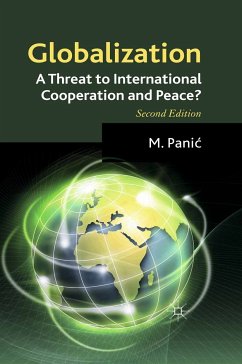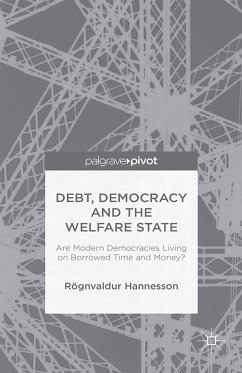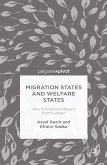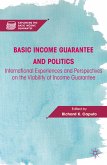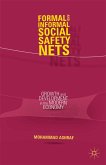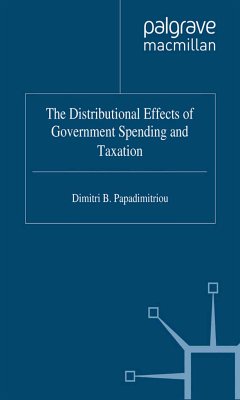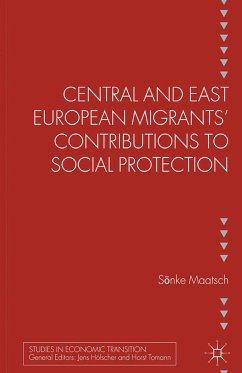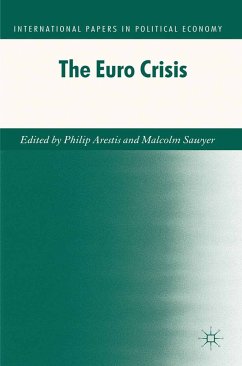Dieser Download kann aus rechtlichen Gründen nur mit Rechnungsadresse in A, B, BG, CY, CZ, D, DK, EW, E, FIN, F, GR, HR, H, IRL, I, LT, L, LR, M, NL, PL, P, R, S, SLO, SK ausgeliefert werden.
'This is an impressive collection of essays. They are written in a non-technical way that makes them accessible to a fairly wide readership. They also deal with many important issues that the economics profession tends to ignore. Taken as a whole, they provide a coherent and unusual overview of the world economy and its modern evolution and operation. After reading this collection I felt that I had really learned something profound about the forces now shaping the world economy. As someone who is instinctively sceptical of international institutions and international economic regulations, as I read this book I found myself questioning some of my long-held beliefs.' - Robert Rowthorn, Professor of Economics, University of Cambridge, UK

